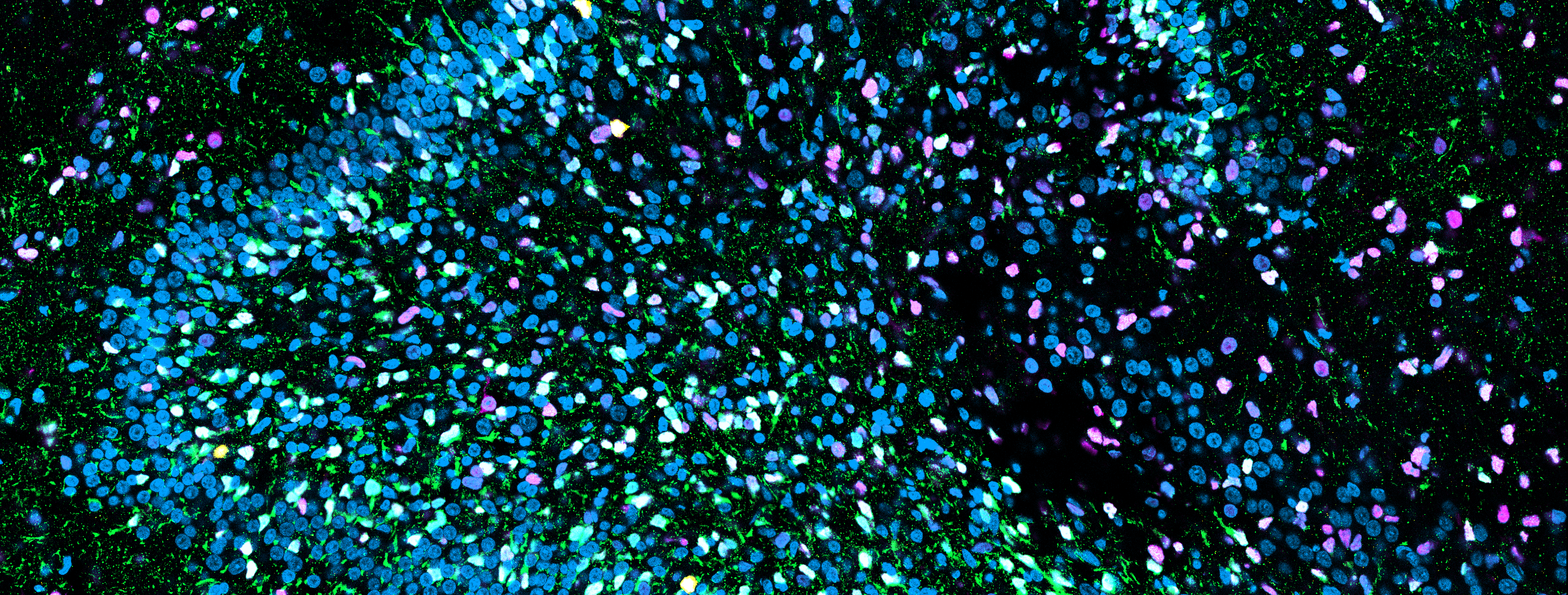Speaker
Description
"The development of the human cortex entails a complex series of cell fate decisions that are both genetically encoded and epigenetically orchestrated. Understanding how these mechanisms work at the single-cell level is crucial for deciphering the molecular basis of neuronal development and disease. In this context, we investigate the role of chromatin modulators in controlling neural cell identity while capturing their impact on the complex regulatory landscape characterizing human cortical maturation. We explore the potential of pooled CRISPRi-based perturbation screening coupled with single-cell transcriptomics and epigenomics to identify key regulators of neural fate decisions during cortical organoid development.
We engineered and validated an iPSC line that harbors an endogenously inducible CRISPRi cassette, along with a dual-sgRNA lentiviral library to establish time-dependent and targeted perturbations of chromatin remodellers. Subsequently, we will harness this system to generate cortical organoids and interrogate the effects of chromatin remodellers disruption on developmental trajectories by defining gene expression, accessibility and perturbation profiles at single-cell level.
The objective of our study is to outline and functionally validate the fundamental role of chromatin modifiers acting in the main patterning stages of the developing human cortex, and particularly how transcription factors interact and ultimately shape the gene-regulatory network required for neurodevelopment in health and disease states."
| Author(s) | Ludovico Rizzuti*, Faye Chong*, Jovana Spalević, Dácil Alonso-Gil, Silvia Vangelisti, Boyan Bonev |
|---|---|
| Affiliation(s) | Helmholtz Munich, Munich, Germany, BMC, Munich, Germany |

